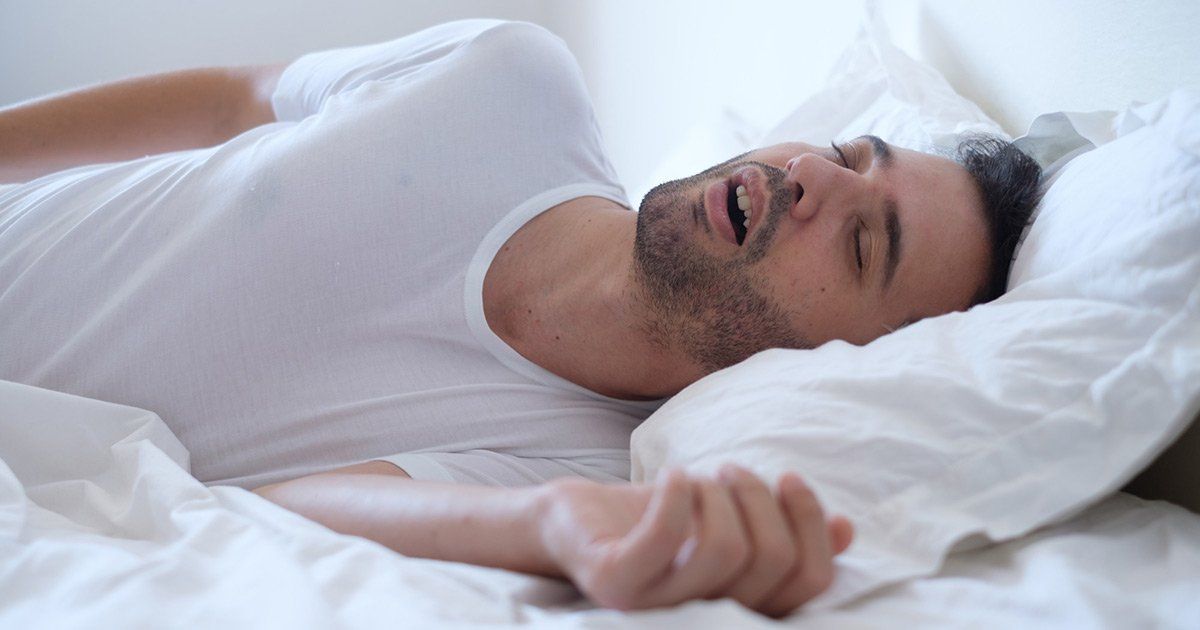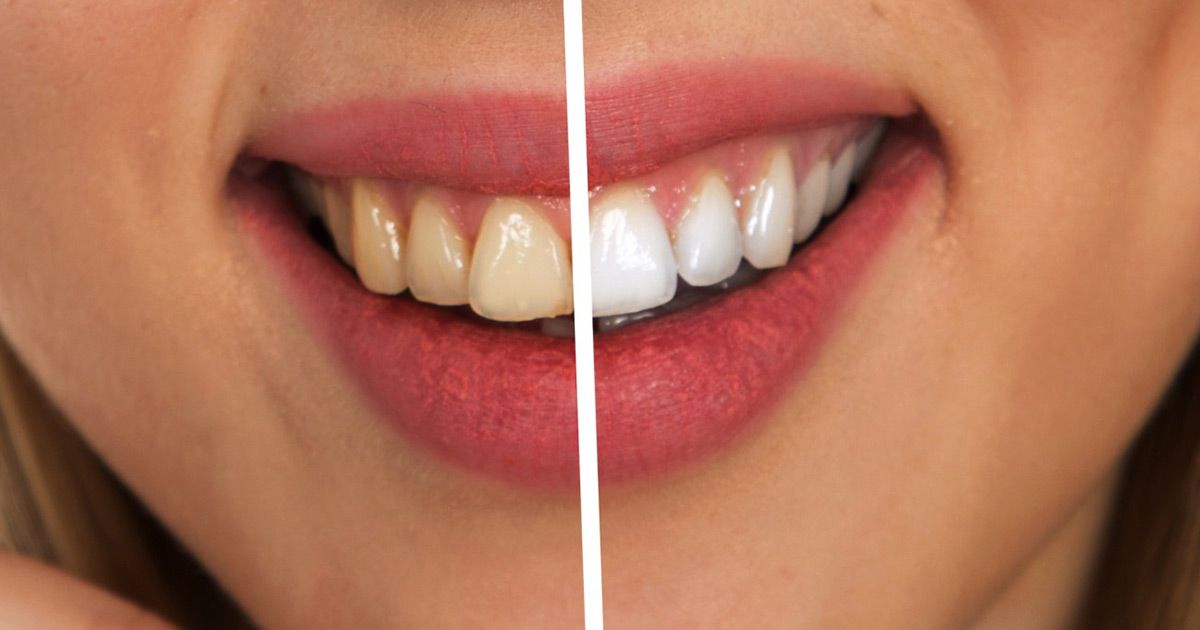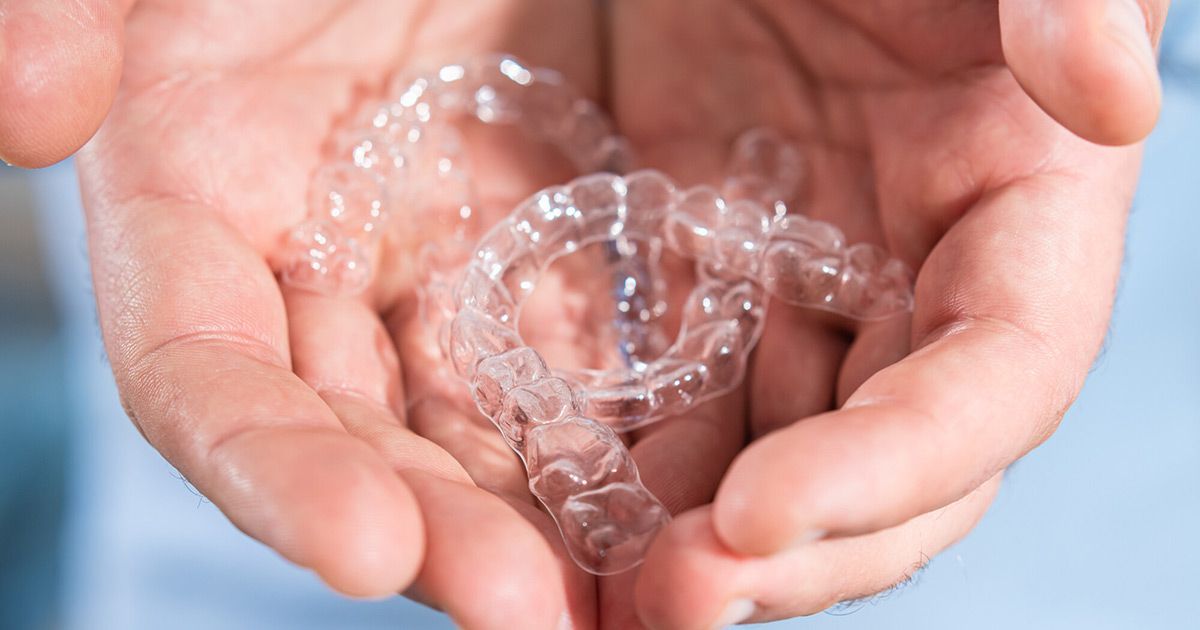Sleep Apnea Treatment at a Dentist in Georgetown MA: Symptoms and Causes
What is sleep apnea and how is it treated? Read about the symptoms and causes of sleep apnea plus sleep apnea treatment options at a dentist in Georgetown MA.
Around 26% of all adults over the age of 30 suffer from obstructive sleep apnea.
Although this disorder is quite common in adults, it's more serious than people think. It can lead to more serious issues affecting a person's quality of life.
This article will cover everything you need to know about sleep apnea treatment and the best place to find it.
Keep reading to learn more.
What Is Sleep Apnea?
Sleep apnea is a disorder that repeatedly interrupts your breathing throughout the night. It can last anywhere from 10 to 20 seconds and can happen up to 100 times in a single hour.
The person suffering from sleep apnea will actually jolt awake several times throughout the night, but they are usually so brief that they don't remember it. However, they can disrupt your natural sleeping rhythm.
Because of this, those with sleep apnea often find themselves groggy the next day because they don't get the deep, restorative sleep they need to be mentally sharp the next day.
The Different Types of Sleep Apnea
There are two main types of sleep apnea: obstructive sleep apnea and central sleep apnea.
Obstructive sleep apnea is the most common form.
This is caused by the relaxation of the muscles that support the soft tissues in a person's airway. It then blocks the flow of air through the nose and mouth, causing interrupted breathing and snoring.
Central sleep apnea is a much rarer form of sleep apnea that is related to the central nervous system. The brain temporarily stops sending signals to the muscles that help control breathing. An obvious difference here is that those that suffer from central sleep apnea don't snore.
Symptoms of Sleep Apnea
Diagnosing sleep apnea can be difficult to do alone because it happens when you are sleeping. If you have a partner, you can ask them to watch your sleeping habits. You can also record yourself as you sleep.
A significant signal of sleep apnea is if you pause while snoring, then hear a gasping or choking sound. Other symptoms include:
- Loud, frequent snoring
- Gasping, snorting, or choking when sleeping
- Sleepiness and fatigue during the day, despite sleeping the night before
- Sore throat or dry mouth in the morning
- Waking up in the middle of the night out of breath
- Restless sleep or insomnia
- Frequent bathroom trips at night
If you are experiencing any of these symptoms, make sure to see a qualified
dentist in Georgetown, MA.
Causes of Sleep Apnea and Risk Factors
Although just about anybody can get sleep apnea, certain factors increase its risk.
- Sex: Men are more likely to have this sleep disorder than women are, although women tend to get it more after menopause
- Older age: Any person can get sleep apnea, but it becomes more common as people age
- Weight: People who are overweight or obese are much more likely to get sleep apnea than those who are not
- Neck circumference: Those with necks that are larger than 17 inches are more likely to suffer from sleep apnea
- Smokers: Smokers are three times more likely to have sleep apnea
Certain anatomical differences can also contribute to a higher risk of sleep apnea. For example, a smaller or receding jaw, a deviated septum, a long soft palate, enlarged tonsils, or a high tongue position can all cause sleep apnea.
Some other factors that can contribute include allergies or nasal congestion.
Health Consequences of Sleep Apnea
The main problem that sleep apnea causes is chronic sleep deprivation. This can lead to fatigue, forgetfulness, difficulty concentrating, and daytime sleepiness.
It can also have an impact on your mental health. It can cause things like depression, anxiety, moodiness, and irritability.
Worst case scenario, it can also increase your risk for serious health problems like diabetes, heart disease, high blood pressure, stroke, and atrial fibrillation.
People with sleep apnea are four times more likely to have a stroke, and more than
38,000 people die from cardiovascular problems that are related to sleep apnea every single year.
Sleep Apnea Treatment
Fortunately, there are several options to treat sleep apnea. '
The most common one is a CPAP machine. A continuous positive airway pressure (CPAP) machine supplies a steady stream of air through a mask while a person sleeps. Keeping their airway open helps eliminate snoring, improve sleep quality, and eliminate the risks that come with sleep apnea.
There are other similar devices like the bi-level positive airway pressure (BiPAP) or the adaptor servo ventilation machine (ASV) that can also supply air during sleep.
Although PAP machines can reliably ease or prevent sleep apnea, some people prefer to use oral appliances as opposed to masked machines. One such device is the mandibular advancement device. It moves your jaw forward as you sleep so that it opens up your airway or holds your tongue in place.
Your dentist can custom-design these to fit your unique bone structure perfectly. These appliances reduce the health risks that come with sleep apnea without the need for expensive surgeries, medications, or other types of therapy.
Get Treatment for Sleep Apnea Today!
Sleep apnea is a serious condition that can significantly lower your quality of life. It isn't as simple as snoring at night — it can lead to serious medical conditions if it isn't dealt with quickly and properly.
Finding an experienced dental partner that can provide sleep apnea treatment isn't something you should put off. If you're looking for a dentist in Georgetown, MA, look no further.
Georgetown Family Dentistry provides comprehensive dental care, like cosmetic dentistry, general dentistry, and the creation of specially fit devices for conditions like sleep apnea.
Make an appointment with us today!





